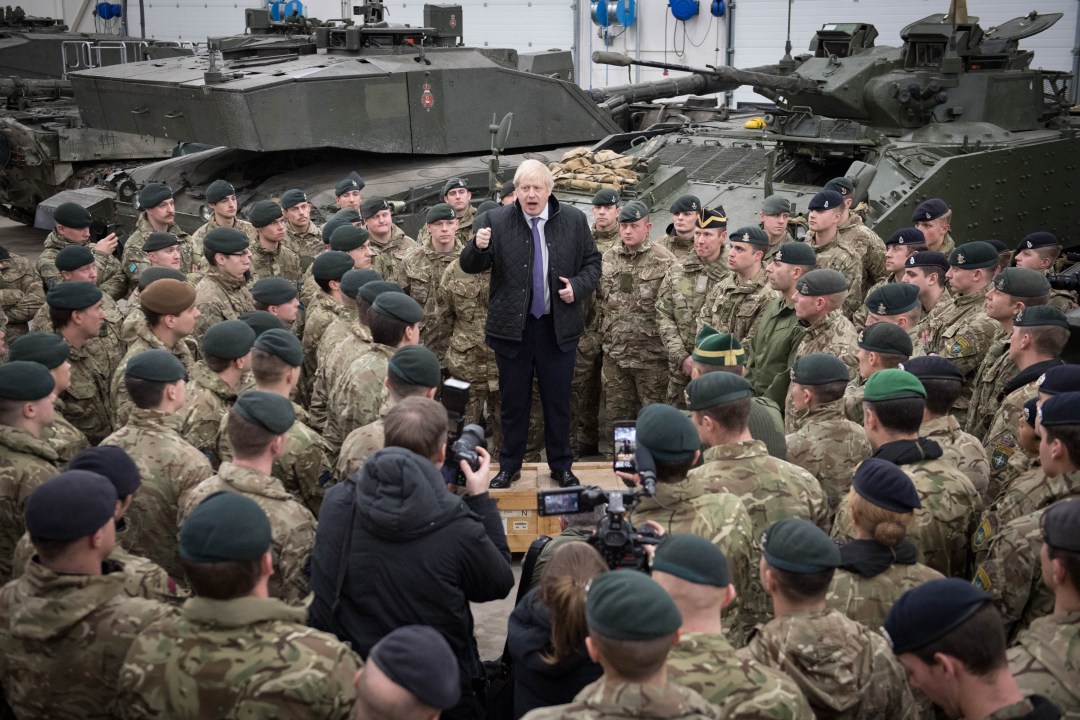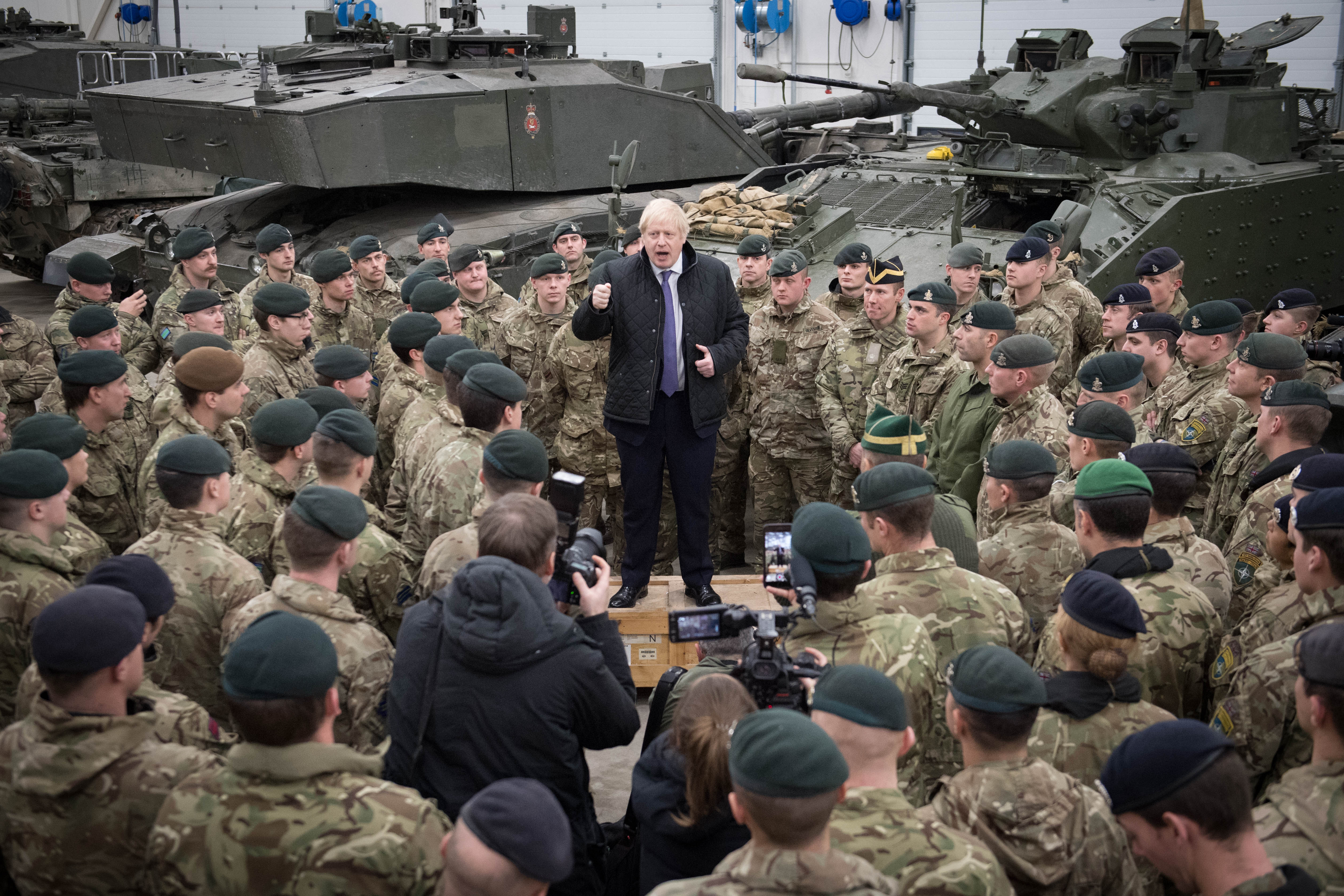The proposed reduction in international aid from 0.7 to 0.5 per cent of GDP has elicited a furious reaction from some quarters. It has been condemned by five former prime ministers, three of whom never met the target when they were in office.
What is missing from this debate is the historical context. The rise in development spending was part of the peace dividend that followed the end of the cold war. But the just-concluded defence spending settlement marks a UK recognition that this peace dividend is over — great power competition is back and this country’s military spending now needs to increase. Over the next decade or so, military spend is likely heading back to the level it was when the Berlin Wall fell.
If the UK is going to spend significantly more on defence, it is going to have to spend less on something else. This is particularly true given the UK will still be borrowing over £100 billion a year by the end of this parliament — and the most obvious candidate for that ‘something else’ is international aid.
Both defence spending and overseas aid, after all, relate to the role that the UK plays in the international system. Indeed, when Michael Fallon was Defence Secretary he used to argue for a joint defence and development budget on the grounds that the security British military provides is crucial for development.
But the announcement that this country will — even temporarily — abandon its 0.7 per cent target for development spending has been met with a ministerial resignation, a backbench rebellion and fury from a slew of Tory grandees. Ultimately, though, this country needs to choose which it wishes to prioritise: the defence or the development budgets. The Tories must remember that to govern is to choose.








Comments